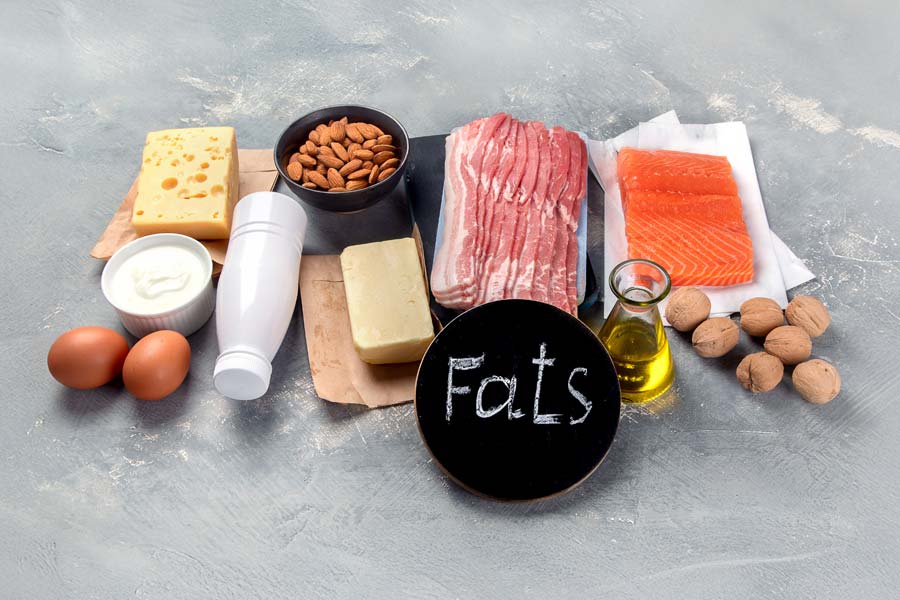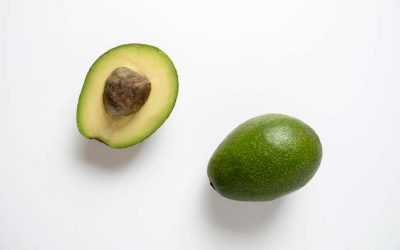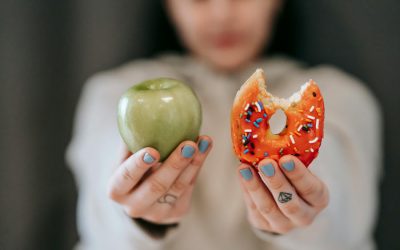Over the past couple of weeks, we’ve talked about food fads and the strange new world of “carbon butter.” That story sparked so much discussion that I wanted to stay with the theme of fat a little longer. Because after 70 years of being told that butter, cream, red meat, and full-fat cheese are dangerous, it looks like the tide is finally turning.
For decades, saturated fats like butter, coconut oil, tallow, and full-fat dairy were blamed for heart disease. This came from the influential but deeply flawed “Seven Countries Study” by Ancel Keys. The problem? He cherry-picked the data, ignoring countries that didn’t fit his theory. Yet his conclusion shaped decades of low-fat guidelines. Out went butter and coconut oil, and in came margarine, sunflower oil, and other industrial seed oils.
We now know how wrong that shift was. A reanalysis of data published in the BMJ showed that replacing saturated fat with vegetable oils did not reduce heart disease; instead, it increased deaths. These industrially processed seed oils, such as soybean, canola, and corn oil, are high in linoleic acid, a polyunsaturated fat that now accounts for 15 to 25 per cent of a typical Western diet. What the early warnings didn’t reveal is that excess linoleic acid can damage mitochondria, drive inflammation, and contribute to obesity, Type 2 diabetes, and even neurodegeneration.
The good news is that things are changing. In the USA, the new FDA Commissioner, Dr Marty Makary, has pledged to revise dietary guidelines so they reflect science, not dogma. This is a major moment. For the first time, health officials are openly questioning the decades-long demonisation of saturated fat.
So what does this mean for you? It means butter, ghee, coconut oil, and even fatty cuts of quality meat may not be the villains you were taught to fear. In fact, these foods are stable, nourishing, and provide fat-soluble vitamins, such as A, D, E, and K2, which are essential for bone, brain, and hormone balance. Contrast this with seed oils, which break down easily into harmful compounds and stay stored in body fat for years.
What to do in practice
- Cook with stable fats such as butter, ghee, beef tallow, or coconut oil.
- Avoid heavily processed vegetable oils in bottles and packaged foods. Look out for soybean, canola, sunflower, corn, and “vegetable oil” on labels.
- Remember that whole foods provide balance. Eggs, nuts, avocados, and oily fish are all excellent fat sources.
If you’re worried about years of seed oil exposure, support your body’s detox and resilience systems. Digestive enzymes can help you break down food more efficiently. Green superfoods like chlorella and spirulina support natural detox pathways and provide extra antioxidants.
This is not about eating as much butter as you like. It’s about questioning outdated dogma and bringing fats back into balance. Real, traditional fats can be part of a healthy diet, while fake foods, whether carbon butter or ultra-processed spreads, are best left behind.
For those of us who have waited years for the mainstream narrative to catch up, this feels like progress. The real challenge now is to make sure change happens not just in the guidelines but in everyday shopping baskets.
Food for Thought
The fake butter story isn’t just a curiosity; it’s a warning. Ultra-processed fats, created in industrial labs and marketed as “planet-saving,” may satisfy novelty and convenience, but they cannot replicate the nourishment of real foods grown in soil and pastures. As the saturated fat narrative finally shifts, it’s a reminder that real nutrition comes from nature, not factories.
And on a lighter note, one of our readers wrote in after our recent carbon butter article: “Our son says you’ll soon be able to print your own ‘food’ through a 3D printer!” It’s a funny thought and hopefully not a prediction, but also a good reminder to keep our meals real, simple, and nourishing.




